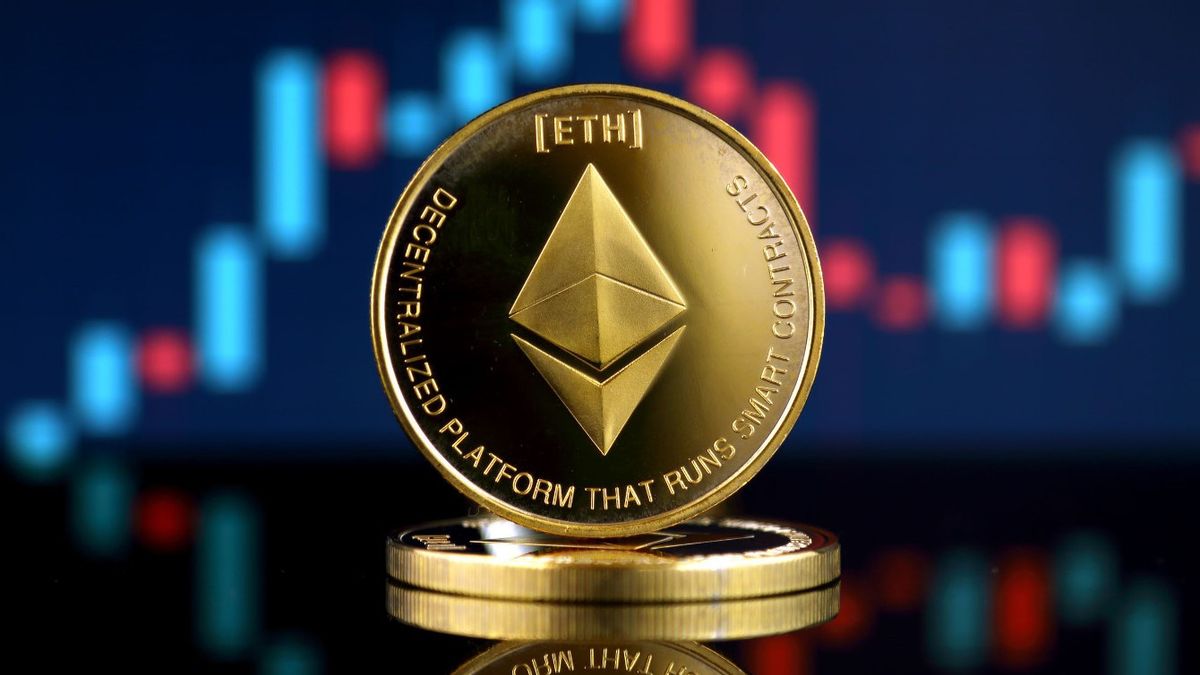Case Journeys
Exploring intriguing stories and insights from around the world.
ETH: The Digital Gold Rush You Didn't Know About
Discover the untold secrets of ETH and why it's the next digital gold rush poised to change your financial future!
Understanding Ethereum: The Basics of the Digital Gold Rush
Ethereum is often referred to as the backbone of decentralized applications, which allows developers to create and deploy smart contracts on its blockchain. Launched in 2015 by Vitalik Buterin and other co-founders, Ethereum introduced a revolutionary platform that extended beyond simple currency transactions like Bitcoin. Instead, it enables automated agreements that execute when predetermined conditions are met. With its native cryptocurrency, Ether (ETH), Ethereum facilitates transactions and powers the ecosystem. As investors and enthusiasts flock to this digital frontier, understanding Ethereum's unique offerings is crucial for anyone looking to join the ongoing digital gold rush in the cryptocurrency space.
The allure of Ethereum lies not only in its potential for high returns but also in its capabilities to transform industries. Many are exploring decentralized finance (DeFi) and non-fungible tokens (NFTs), both heavily reliant on the Ethereum network. Platforms like DeFi Pulse and OpenSea have emerged from this innovation, allowing users to trade digital assets and access financial services without traditional intermediaries. However, it's important for investors to do their due diligence before diving in, as the landscape is constantly evolving. With trends like layer-2 solutions and Ethereum 2.0 on the horizon, keeping abreast of these changes will better position newcomers and seasoned investors in this dynamic digital economy.

Is Ethereum the Next Bitcoin? A Comparative Analysis
The debate over whether Ethereum could surpass Bitcoin as the leading cryptocurrency is intensifying among investors and enthusiasts. While Bitcoin was the first digital currency and remains the most recognized, Ethereum has carved out a unique niche as a platform for decentralized applications (dApps) and smart contracts. This decentralization feature allows developers to build applications that run on the Ethereum blockchain, thereby fostering innovation in various sectors, from finance to gaming. According to a detailed analysis by CoinDesk, Ethereum's capabilities could make it a more versatile investment compared to Bitcoin's primary function as a store of value.
However, there are challenges that Ethereum must overcome to compete with Bitcoin effectively. For one, scalability issues and high transaction fees have plagued Ethereum, making user experience less optimal at peak times. Despite this, advancements like Ethereum 2.0 aim to address these concerns by shifting to a proof-of-stake consensus mechanism that promises enhanced efficiency. In a comparative analysis by Investopedia, the evolution of Ethereum and its growing adoption in enterprises suggest that both cryptocurrencies could coexist, catering to distinct investment portfolios and use cases.
How to Get Started with Ethereum: A Beginner's Guide
Getting started with Ethereum can seem daunting, but it’s easier than you might think. First, you need to set up a digital wallet to store your Ether (ETH), the cryptocurrency associated with the Ethereum network. Popular wallets include MetaMask and MyEtherWallet. Once your wallet is set up, purchase your first Ether through a reliable exchange like Coinbase or Binance. After acquiring ETH, you can start exploring Ethereum's decentralized applications (dApps) and smart contracts that are revolutionizing various industries.
Next, familiarize yourself with the Ethereum community and resources available for learning. Websites like Ethereum's official documentation provide a wealth of knowledge for beginners. Engaging in forums such as Reddit’s Ethereum community can also be beneficial for getting advice and tips from experienced users. Lastly, consider taking courses on platforms like Udemy that can deepen your understanding of the Ethereum ecosystem and how to invest wisely.